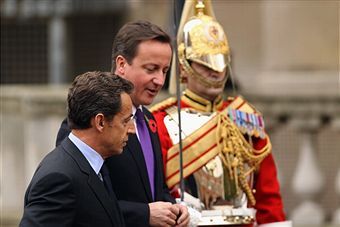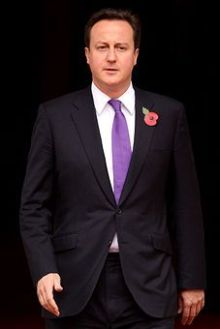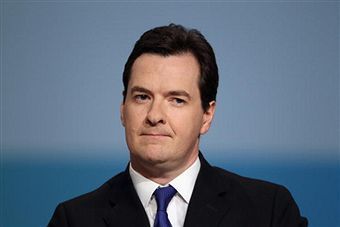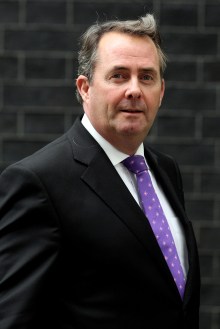Poppy season
Keen-eyed spectators might have noticed Danny Alexander and Michael Gove wearing a slightly different type of poppy over the last few days: the Scottish Poppy. At the beginning of the poppy-wearing season they are for sale at the Scottish Office in Whitehall and are worn by certain Scots down here – any money that Andrew Marr will be wearing one on Sunday, for example. What’s the difference? Scots poppies have four petals, and no green leaf. The English version costs a little more to produce, and – one might argue – looks more sophisticated. But the Scots version can claim to be anatomically correct, because poppies don’t have green



















